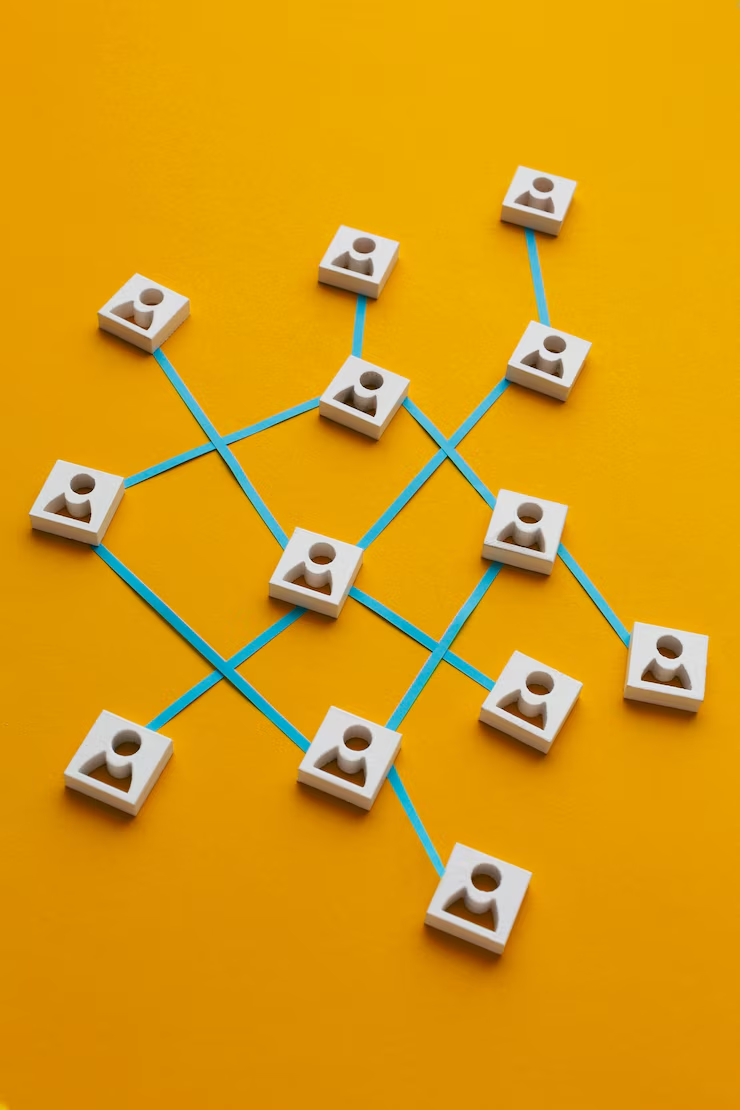PROBLEM STATEMENT FOR MY DOCTORATE RESEARCH

Exploring Blockchain and AI Integration for Operational Efficiency, Transparency, and Donor Engagement in African Nonprofits
Nonprofits in Africa face constant pressure to prove their impact, stay transparent with donors, and manage operations efficiently, all while dealing with tight budgets, small teams, and limited access to the right tools. Many of the digital solutions out there are either too expensive, too complex, or don’t take local realities into account.
Donors often want to see exactly how their contributions are being used, but most nonprofits don’t have the systems in place to show this in real time. On the other side, teams are overwhelmed with managing customer care, staying consistent on social media, and analyzing data to improve engagement. The few AI tools available are rarely built with privacy or affordability in mind, especially for organizations working in African contexts.
I’m exploring how blockchain can help with transparent donation tracking and how AI tools can support customer care and communication, without compromising privacy or requiring huge budgets. If these are problems you're also trying to figure out, you’re welcome to follow the research as it develops.
Inside the New Nonprofit AI Initiatives Seeking to Aid Teachers and Farmers in Rural Africa
Opportunity International has launched a generative AI initiative aimed at supporting farmers and educators in rural Africa opportunity.org+10time.com+10yahoo.com+10. Their chatbot, Ulangizi, now offers real‑time agricultural advice in Chichewa to smallholder farmers in Malawi, reducing their dependence on in‑person experts.
In a recent incubator program, Opportunity awarded $150,000 each to three teams developing AI tools that enhance farming, lesson planning, and school administration—projects that will be piloted over the next two years. Mentors from Microsoft, Amazon, and MIT-supported accelerators are helping to tailor these apps to low‑literacy and low‑resource communities.
The goal is to democratize access to expertise, delivering knowledge through familiar channels and local languages.
Read the full article here →


AI for Africa: Kenya Deep Dive (GSMA, July 2024)
GSMA presents a comprehensive analysis of AI’s role in Africa’s development, with a detailed focus on Kenya. The report reviews over 90 real-world AI applications across agriculture, energy, and climate resilience in Kenya, Nigeria, and South Africa.
Key findings include:
- Enabling environment: Kenya benefits from strong foundational groundwork—such as the 2018 AI & Blockchain Taskforce, the 2019 Data Protection Act, and the 2022 Digital Master Plan—while still lacking a formal national AI strategy. A public draft of the AI Code of Practice (April 2024) and ongoing stakeholder consultations show momentum toward more inclusive governance.
- AI use cases: Nearly half of the identified AI solutions target agriculture, covering advisory, financing, and smart farming systems. Energy and climate applications, such as remote sensing and biodiversity monitoring, also feature strongly. Most AI efforts are predictive, not generative.
- Barriers and needs: Common challenges include unreliable infrastructure, data scarcity, language limitations, limited digital skills, and unclear policies—factors that limit scalability. Local languages and low-tech delivery (e.g., SMS) are vital to inclusion.
- Recommendations: The report calls for improved digital infrastructure, data sharing frameworks, capacity building, and ethical formulation of AI policies to ensure inclusive development and minimize bias.
Read the full article here →

An Integrated Online–Offline Crowdfunding Model for Nigeria (MDPI, Sustainability, July 2022)
This paper addresses the gap in crowdfunding adoption in Nigeria by proposing a hybrid model that combines online and offline channels to expand access and trust among contributors. Through interviews with entrepreneurs in both the UK and Nigeria (20 each), followed by a survey of 160 Nigerian fundraisers, the authors explore barriers such as poor internet penetration, low social media usage, limited payment infrastructure, and widespread poverty.
Their findings revealed that 70% of Nigerians lack reliable internet access, while only 16% engage online via platforms like Facebook. These constraints significantly hamper traditional crowdfunding. The proposed solution enables campaigners to coordinate offline promotions—via radio, flyers, and donation booths—alongside online efforts that leverage social media and digital payments when available. This dual structure allows donors to contribute either digitally or in person, making giving more inclusive and trustworthy.
Early validations from pilot users indicate the model is promising and adaptable. Authors recommend that governments and NGOs adopt similar hybrid frameworks to catalyze inclusive funding for local ventures. Their work highlights how pragmatic, context-aware crowdfunding can bridge socioeconomic and technological divides in developing regions.
Read the full article here →
Artificial Intelligence for Public Health Surveillance in Africa (Jean Marie Tshimuila et al., 2024)
This study explores how artificial intelligence is being used to strengthen public health surveillance systems across Africa. The authors highlight successful applications in disease detection, outbreak prediction, and resource allocation within resource-constrained health systems. They show that AI can improve accuracy and speed in identifying emerging threats and optimizing intervention strategies, critical in settings with limited staff and infrastructure. The paper also examines challenges like unreliable data, ethical concerns, and a shortage of technical expertise. To address these, the authors recommend building local capacity, developing transparent data governance frameworks, and integrating AI tools with existing health systems to ensure that innovations are sustainable, effective, and ethically sound.
Read the full article here →
